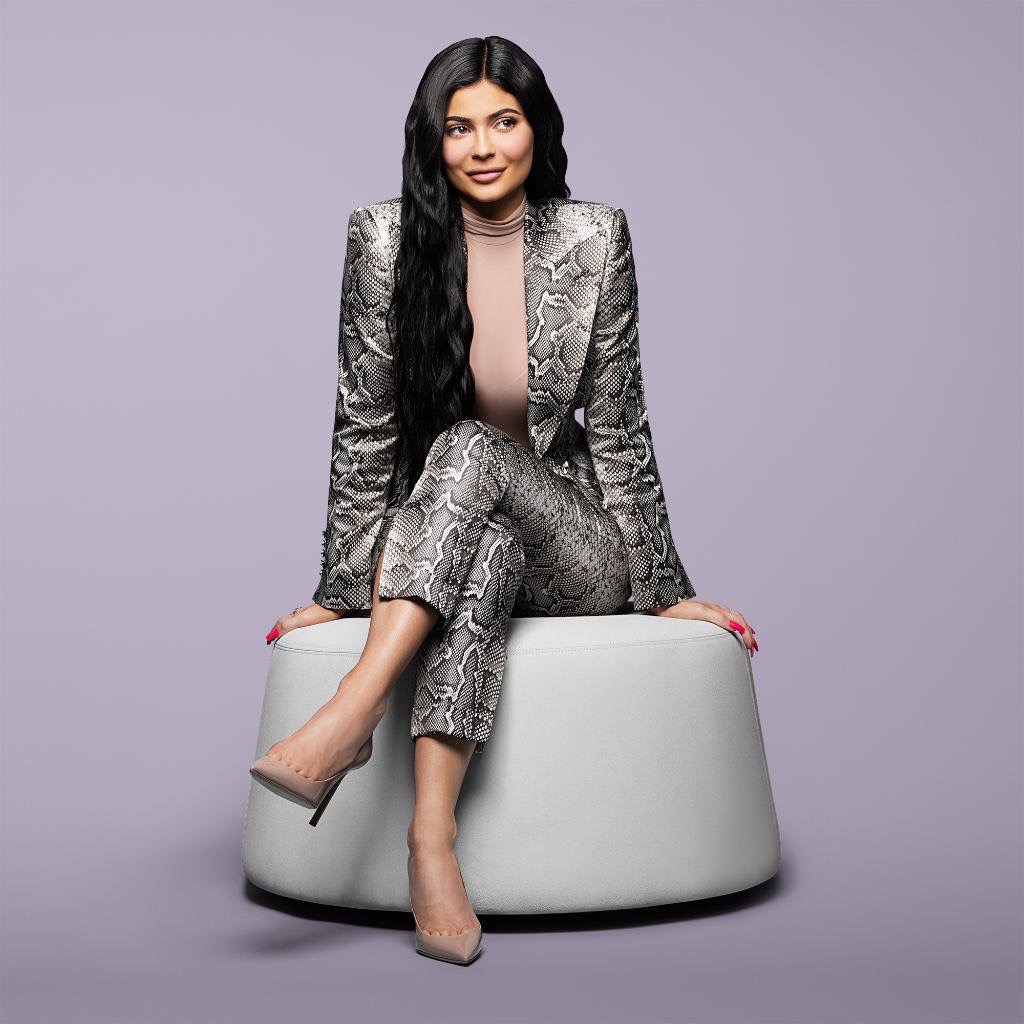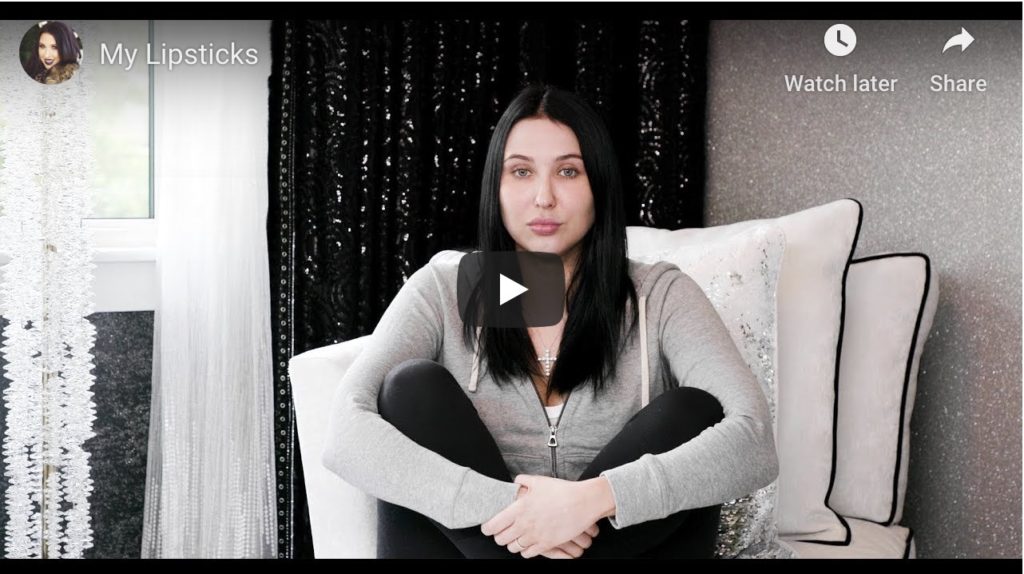While just years ago people usually got beauty product recommendations by asking their friends: “Where did you get that lipstick”, within years the number of YouTube’s beauty influencers has enormously expanded and they gradually become the main source for beauty products recommendations. Beauty brands began to rely more and more on influencers’ marketing, and in turn, the contracts signed with big beauty brands also become the main source of income for influencers.
When this kind of business model became widespread and standardized, the new business also emerges: a number of influencers have already developed, or planned to develop, their own brands instead of fully relying on established brand sponsorship. Some successful examples are Kylie Jenner and Huda Kattan, who have grown their beauty brand into billion-dollar businesses. However, there are also a lot of influencer brands that didn’t live up to the expectation, which not only lead to the failure of the brands but also a heavy blow to their influencer careers.

Quality control is one of the primary issues, as influencers are not merely consumers when they start their own brands — they need to be the manufacturers and take responsibility for whatever happens to the products. While the well-known beauty influencer Jaclyn Hill was quite successful in promoting established brands, her own cosmetics brand had quite a disastrous launch and was accused of poor quality and sanitation problems. As influencer largely relies on followers’ support and trust to survive, such failure can be disastrous, which leads to Hill shutting down both her brands and her social media accounts for a long time.

Despite the risk, there are still lots of influencers trying to launch their own clothing or cosmetics brands, as the benefits brought by the success can be quite tempting — not only can they more effectively turn the subscribers into consumers, they also turn the short-term influencer career into a long-term business. Numerous successful examples seem to prove that, while many critics have pointed out the saturation of the market, there are still opportunities to take a share.
Facing this trend, established beauty brands also realize it becomes more difficult to collaborate with big influencers, as most of them are working on their own brands. The fact is that influencers are no longer merely a marketing tool, they are gradually changing from cooperators into competitors. Some brands also start to make adjustments and tend to cooperate more with micro-influencers, but it is predictable that when more and more influencers begin to achieve the scale of economy, the competition will be more intense. What do you think?
Resource:

7 Responses to Influencers launch their own brands. A risky trial?